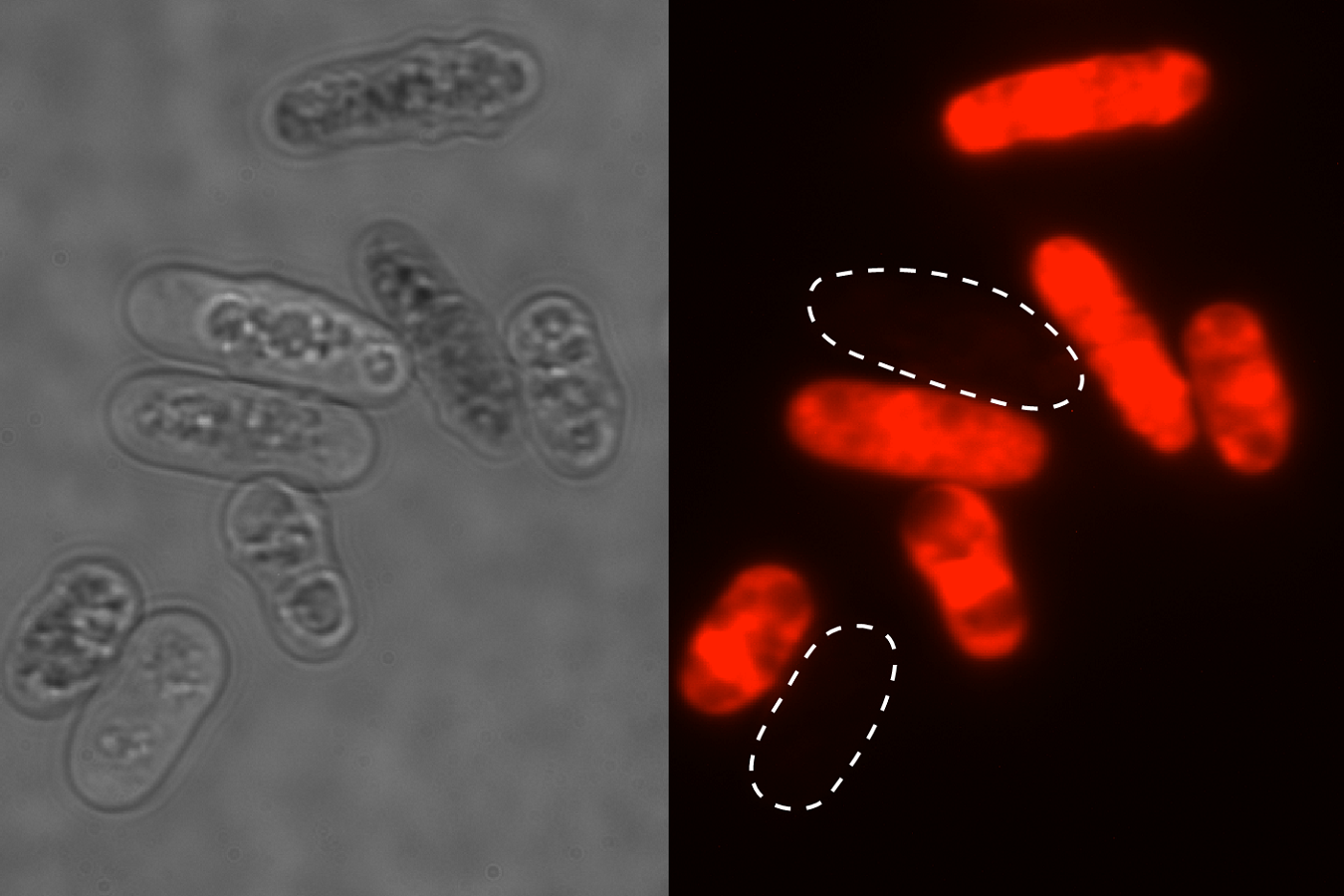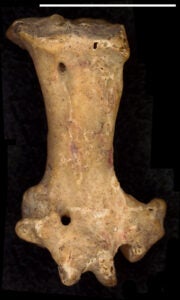モチベーションは、脳の酸化ストレスに影響されることが、EPFLとネスレの研究で明らかになりました。また、この研究結果は、栄養学的な介入によってモチベーションを向上させることができることを示唆しています。 Motivation is affected by oxidative stress in the brain, a study by EPFL and Nestlé shows. The findings also suggest motivation can be improved through nutritional interventions.
2022-11-08 スイス連邦工科大学ローザンヌ校(EPFL)
研究者らは、脳で最も重要な抗酸化物質であるグルタチオン(GSH)と呼ばれるタンパク質と、そのモチベーションとの関係について調べた。
まず、脳の特定領域の生化学を非侵襲的に評価・定量化できる「プロトン磁気共鳴分光法」と呼ばれる技術を用いた。研究チームは、この技術をヒトとラットの側坐核に適用し、GSHの濃度を測定した。そして、そのレベルを、やる気を測定するための標準化された努力関連タスクの成績の良し悪しと比較した。
その結果、側坐核のGSHレベルが高いほど、やる気を高めるタスクの成績が良く、安定していることと相関があることがわかった。
そこで研究チームは、GSHブロッカーをラットに微量注入し、抗酸化物質の合成とレベルを低下させるという実地実験に移った。すると、ラットはやる気を失い、報酬を伴う努力型テストの成績が低下した。
ところが、GSH前駆体であるN-アセチルシステインを摂取させると、側坐核のGSH濃度が上昇し、ラットの成績が向上したのである。この効果は、側坐核中棘ニューロンへのグルタミン酸作動性入力の細胞型特異的シフトによって媒介される可能性がある。
<関連情報>
- https://actu.epfl.ch/news/motivation-is-affected-by-oxidative-stress-nutriti/
- https://elifesciences.org/articles/77791
側坐核のグルタチオンが報酬を伴う努力の動機づけを制御する Glutathione in the nucleus accumbens regulates motivation to exert reward-incentivized effort
Ioannis Zalachoras,Eva Ramos-Fernández,Fiona Hollis,Laura Trovo,João Rodrigues,Alina Strasser,Olivia Zanoletti,Pascal Steiner,Nicolas Preitner,Lijing Xin,Simone Astori,Carmen Sandi
eLife Published:Nov 8, 2022
DOI:https://doi.org/10.7554/eLife.77791

Abstract
Emerging evidence is implicating mitochondrial function and metabolism in the nucleus accumbens in motivated performance. However, the brain is vulnerable to excessive oxidative insults resulting from neurometabolic processes, and whether antioxidant levels in the nucleus accumbens contribute to motivated performance is not known. Here, we identify a critical role for glutathione (GSH), the most important endogenous antioxidant in the brain, in motivation. Using proton magnetic resonance spectroscopy at ultra-high field in both male humans and rodent populations, we establish that higher accumbal GSH levels are highly predictive of better, and particularly, steady performance over time in effort-related tasks. Causality was established in in vivo experiments in rats that, first, showed that downregulating GSH levels through micro-injections of the GSH synthesis inhibitor buthionine sulfoximine in the nucleus accumbens impaired effort-based reward-incentivized performance. In addition, systemic treatment with the GSH precursor N-acetyl-cysteine increased accumbal GSH levels in rats and led to improved performance, potentially mediated by a cell-type-specific shift in glutamatergic inputs to accumbal medium spiny neurons. Our data indicate a close association between accumbal GSH levels and an individual’s capacity to exert reward-incentivized effort over time. They also suggest that improvement of accumbal antioxidant function may be a feasible approach to boost motivation.


